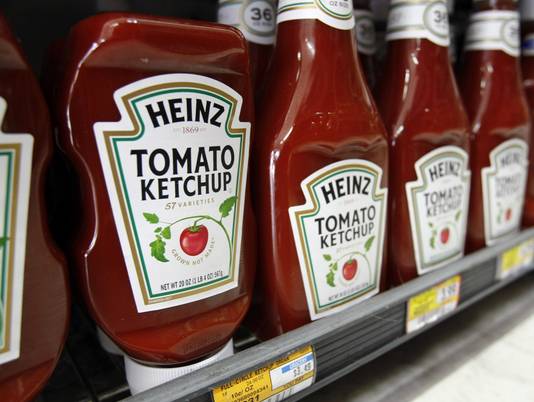On June 2, Christopher Buddle, Associate Provost (Teaching and Academic Programs) and Fabrice Labeau, Deputy Provost, Student Life and Learning, hosted a virtual Town Hall meeting to provide updates on the planning for the Fall 2021 semester.
The two key factors that have changed since the first town hall meeting in April are vaccination rollouts and Quebec’s reopening plan.
The vaccination campaign in Quebec is running ahead of schedule, with 75% of the population estimated to receive their first dose by mid-June and their second dose by the end of August. As a result Quebec’s reopening plan is to gradually lower the alert levels by region. Montreal, which has been on red alert since September 28 2020, was lowered to orange on June 7. Once 75% of the population is fully vaccinated, social distancing will be lifted. Whether masks will still be required in indoor areas is still unknown.
A Realistic Return
McGill is planning for five possible scenarios regarding what Fall 2021 may look like: Red Alert, Pessimistic, Realistic, Realistic+, and Optimistic. Buddle and Labeau reiterated that as of now, McGill is planning Fall 2021 with the Realistic scenario in mind, but ramping up to Optimistic brings a few key changes.
Under the realistic scenario, lectures with over 150 students will be online, 1-meter social distancing will be observed during in-person activities (so long, Bar des Arts…) and 60-65% of all academic activities will be in-person. Workplaces for admin and support staff, as well as research labs, will also require distancing and operate at ⅔ capacity. Extracurricular events will only be allowed on an ‘exceptional basis.’
“McGill is planning Fall 2021 with the Realistic scenario in mind, but ramping up to Optimistic brings a few key changes.”
Under the optimistic scenario, there will be no social distancing on campus, which may result in new room allocations for classes. 75-80% of academic activities will be in-person, though most large lectures will remain online. Labs and workplaces will open up for full capacity with no distancing required. Events will be allowed, but since the timing is still uncertain for transitioning from realistic to optimistic, event planning (especially for big events at the start of the school year like Frosh or OAP) may be pushed back by a few weeks.
Q&A
The second half of the town hall was a Q&A, in which Buddle and Labeau stressed that although there are still elements of uncertainty—hiccups in the vaccination rollout, or the Delta variant (the variant formerly known as B.1.617) said to be ‘taking hold’ in Canada just days after the town hall—McGill is planning a steady road to the fall semester. Here are some signposts to look out for.
International Students
The two-week mandatory quarantine for international travellers arriving in Canada is still in place, and there have been no firm updates on when it will be lifted. Students are advised to make their Montreal return plans with the two-week quarantine in mind. Additionally, once students step foot in Quebec—whether they have received the first dose in another country or not—they are automatically part of the province’s vaccination campaign.
“McGill is also discussing a program with Public Health that would ensure that unvaccinated students arriving in Canada will be able to receive their first dose as soon as possible.”
If a student has received their first dose outside of Quebec, they can declare so on the Public Health website to be enrolled in Quebec’s vaccination campaign and book their second dose appointment. McGill is also discussing a program with Public Health that would ensure that unvaccinated students arriving in Canada will be able to receive their first dose as soon as possible.
Vaccinations
It is still unlikely that McGill will require students to be vaccinated for the fall semester. Labeau reminded those in attendance that vaccination is highly encouraged but not required in Quebec. Though McGill’s student body has a large contingent of international/out-of-province students who may be returning to Montreal from different places, Labeau estimates that the 75% goal will likely be reached for the student population in the fall.
Masks
Under the realistic scenario, everyone on campus would be required to wear a mask. If this were the case, masks would be distributed at building entrances.
Residence Halls
Residence halls are planned to be open for the coming semester, with 100% capacity for the hotel-style residences, and roughly 50-70% capacity for dorm-style residences, due to the shared facilities.
Buddle and Labeau reiterated throughout the Q&A that many of the students’ questions are contingent on which scenario McGill is able to adopt as the summer progresses: therefore, questions about spacing between seats in final exams, winter semester exchanges/study abroad programs, how social distancing will be enforced, and more, are hard to definitively answer. However, they also reassured students that should there be any drastic shifts in the pandemic (i.e., a new variant), McGill’s five-scenario scale provides a “backup of a backup.” Though there are granular details to be worked out as we get closer to the fall semester, Buddle suggests that, until then, we look forward to the transition to the Optimistic scenario.
Here is the link to the full Town Hall meeting.








